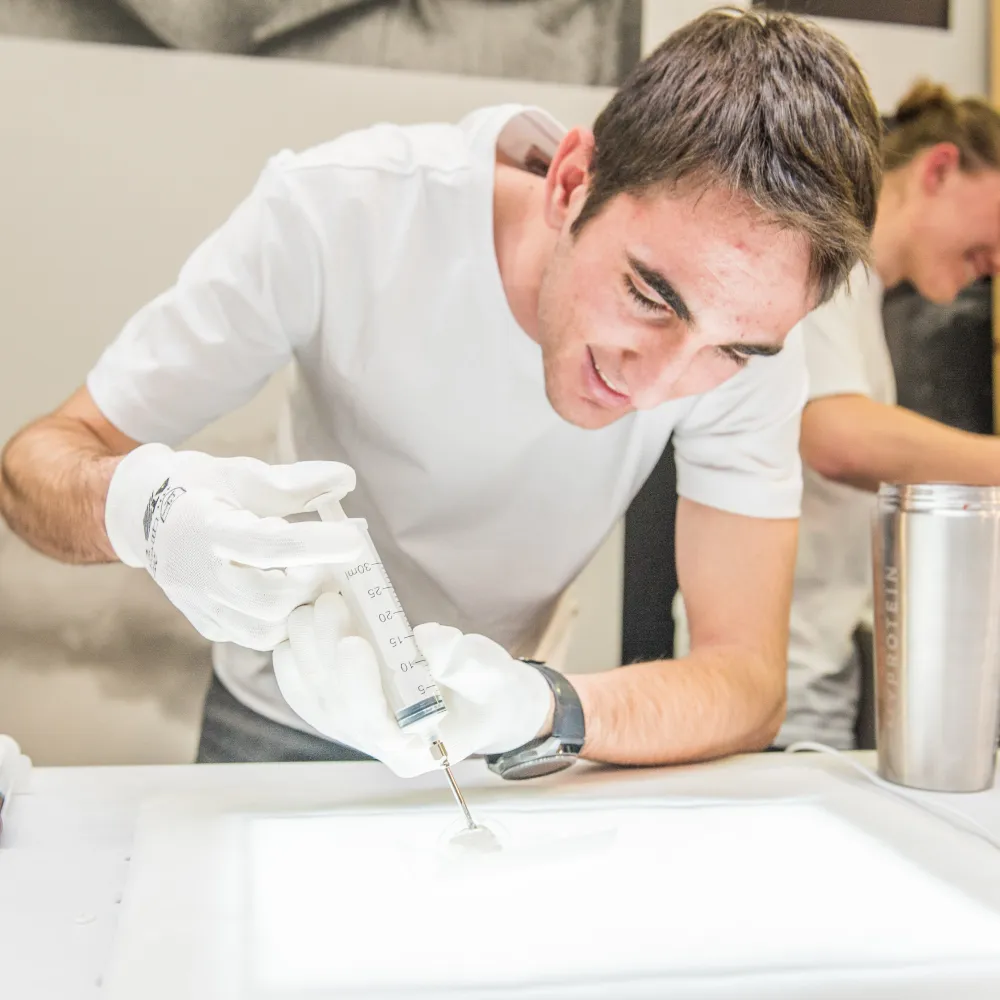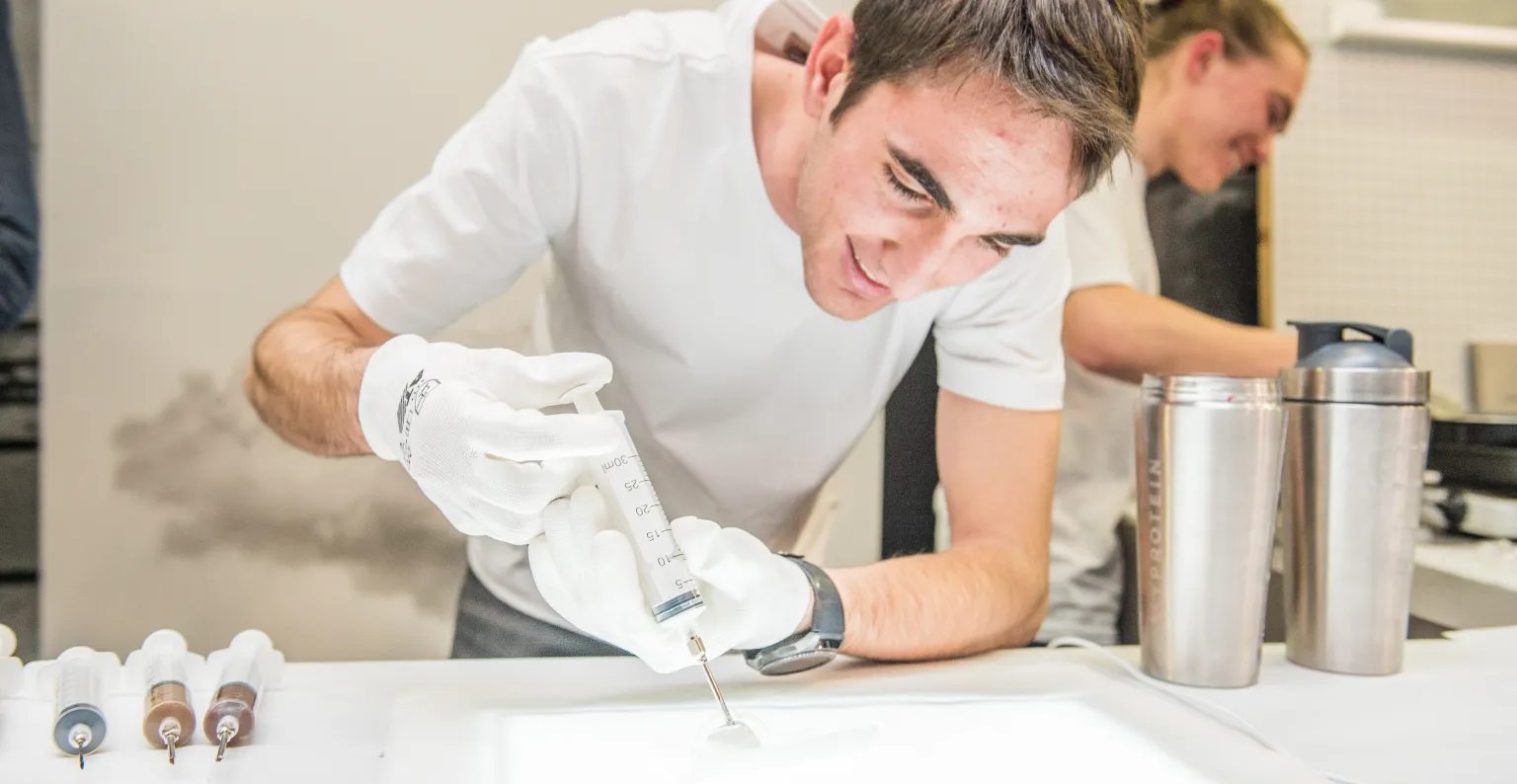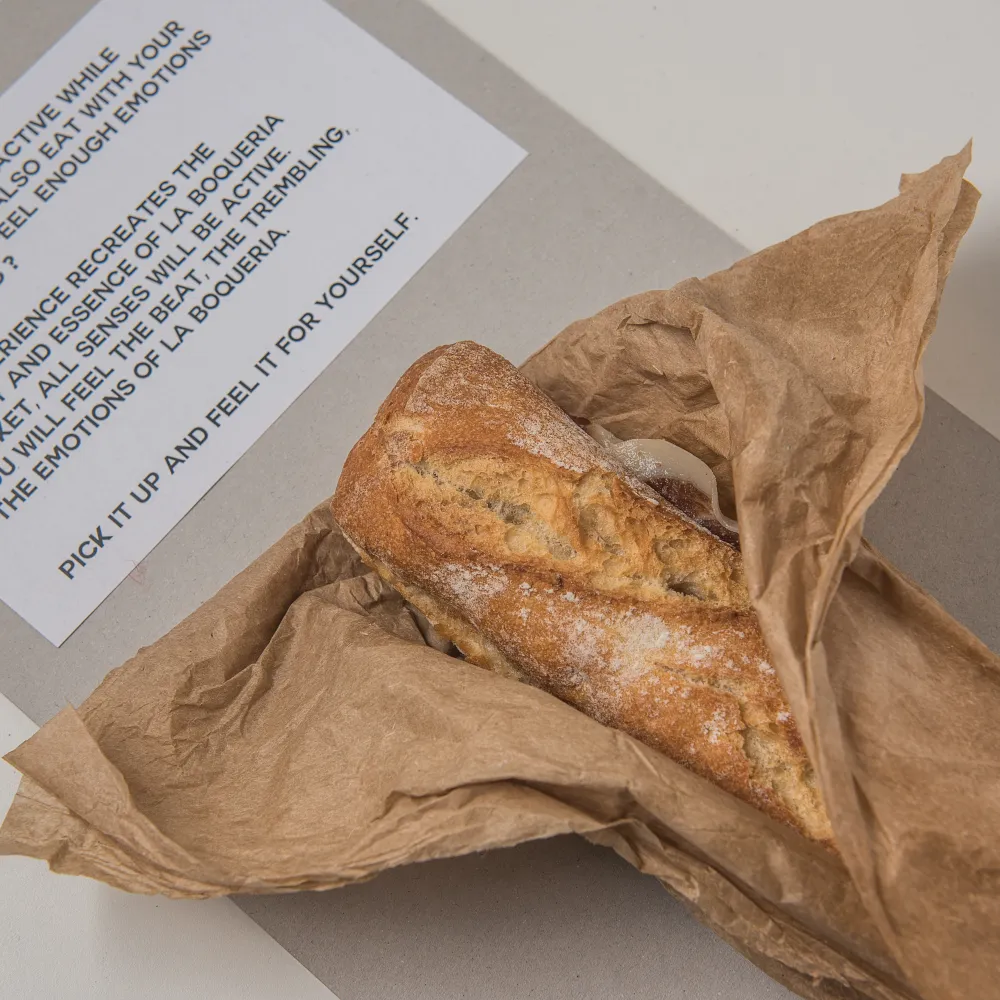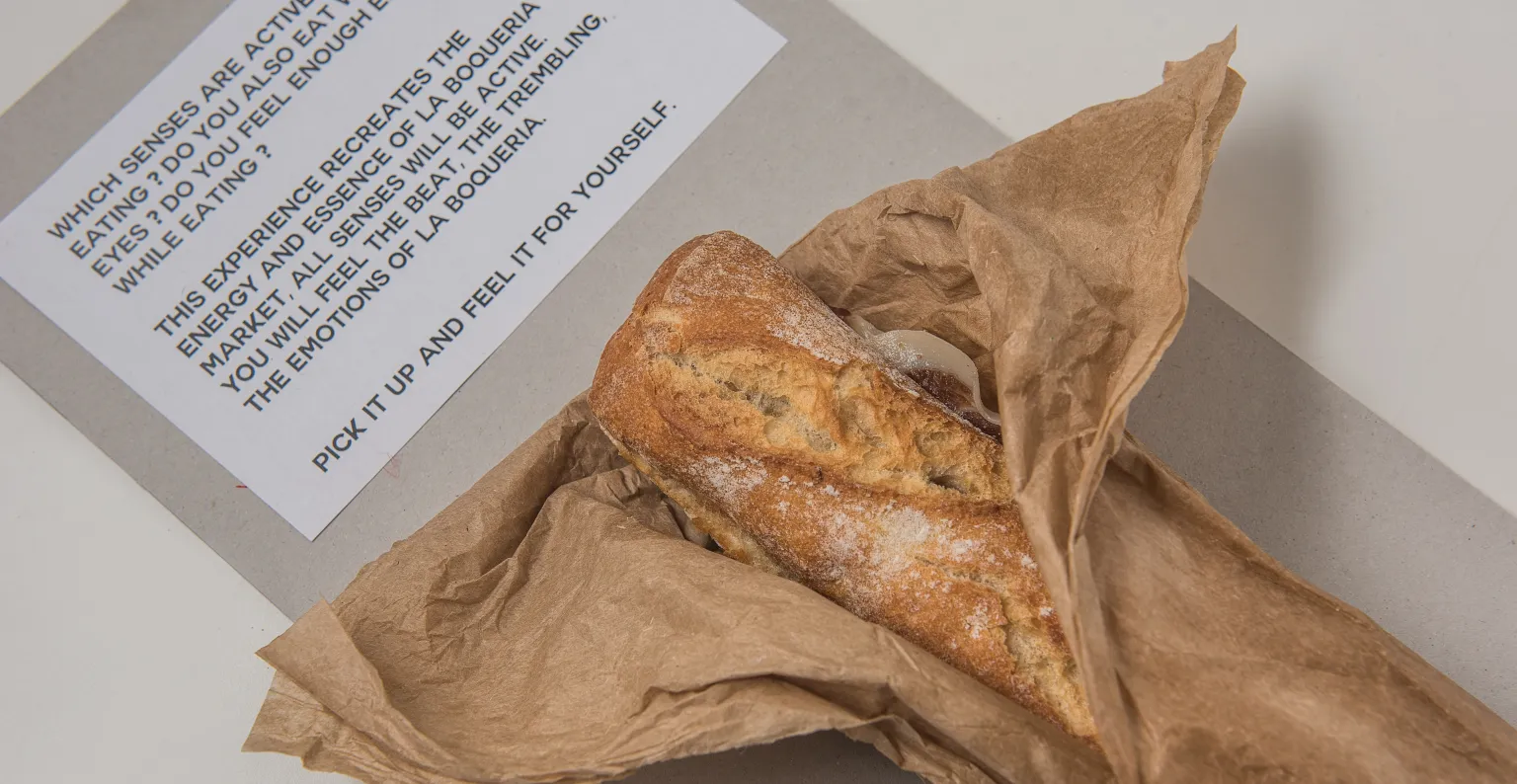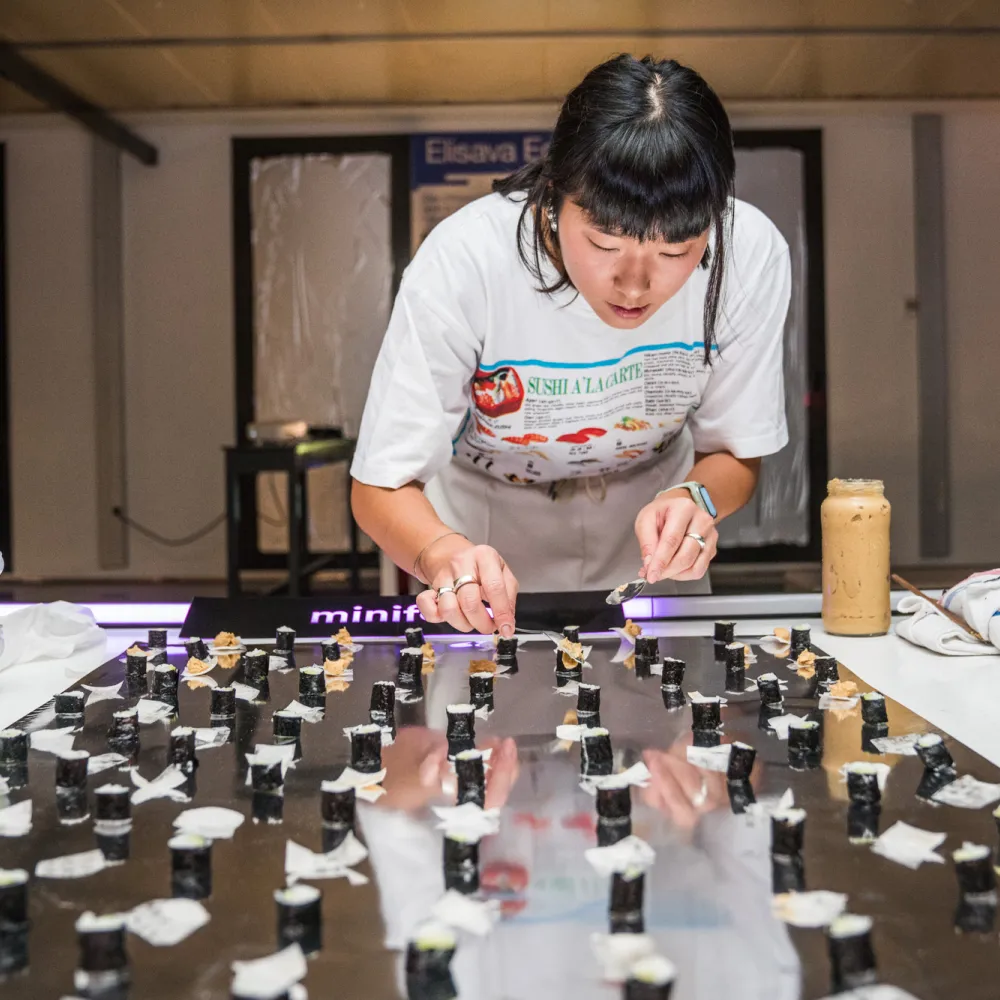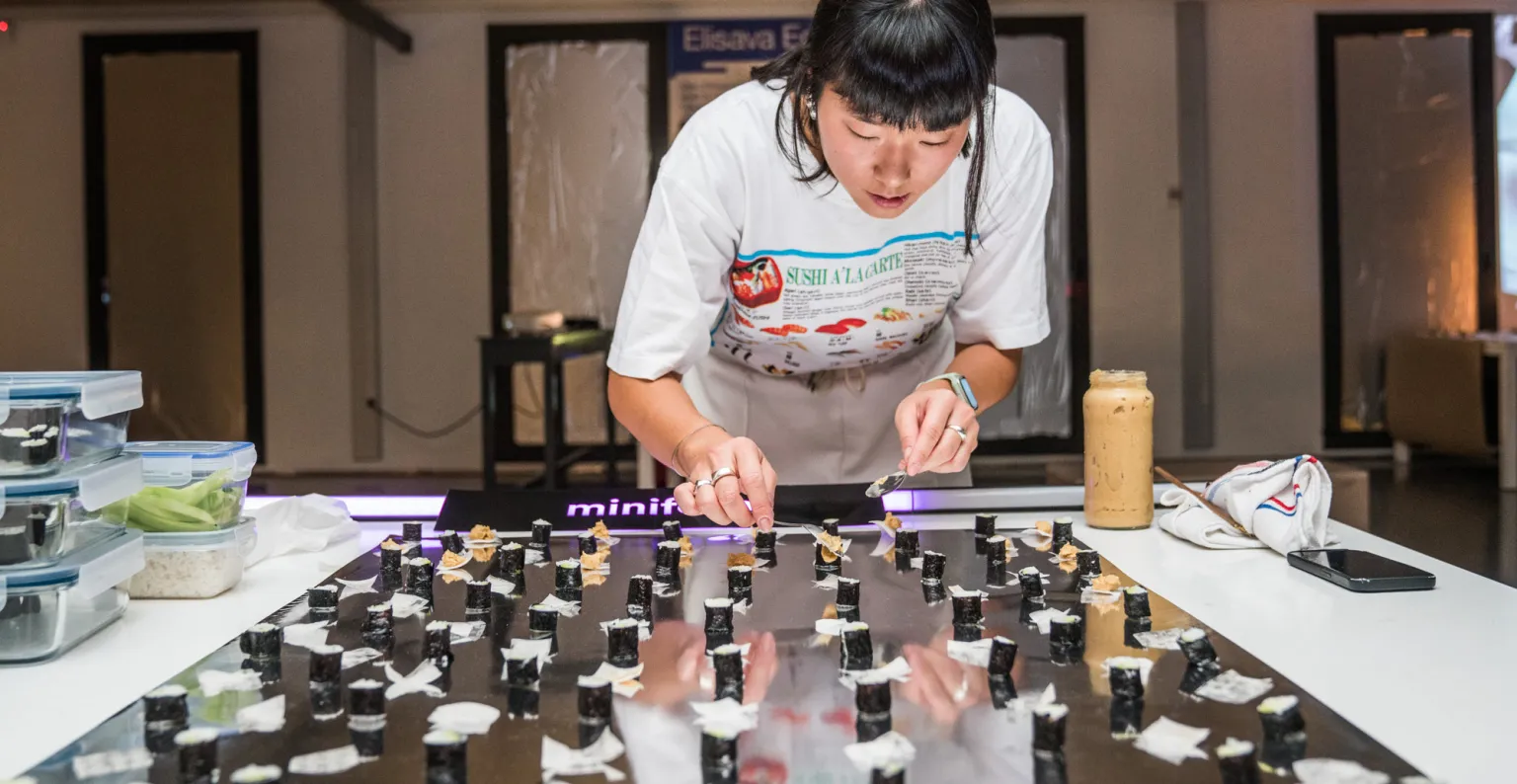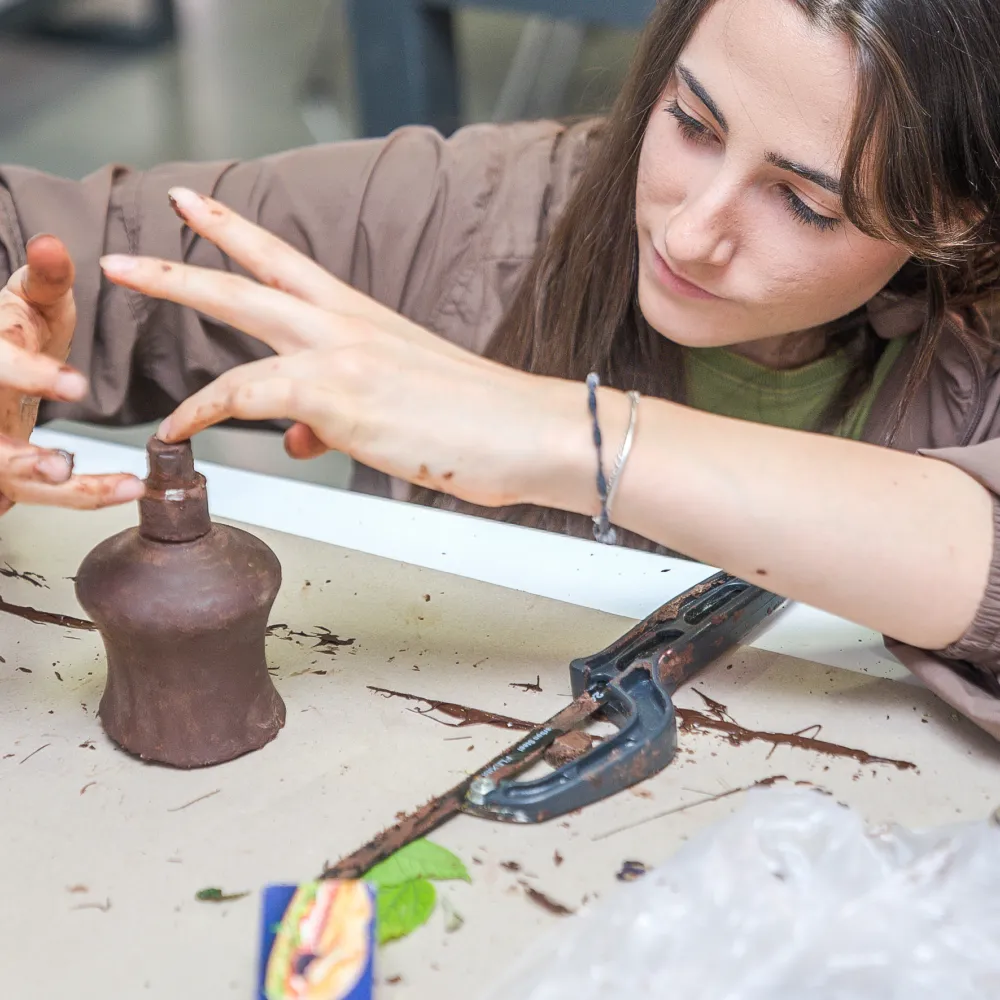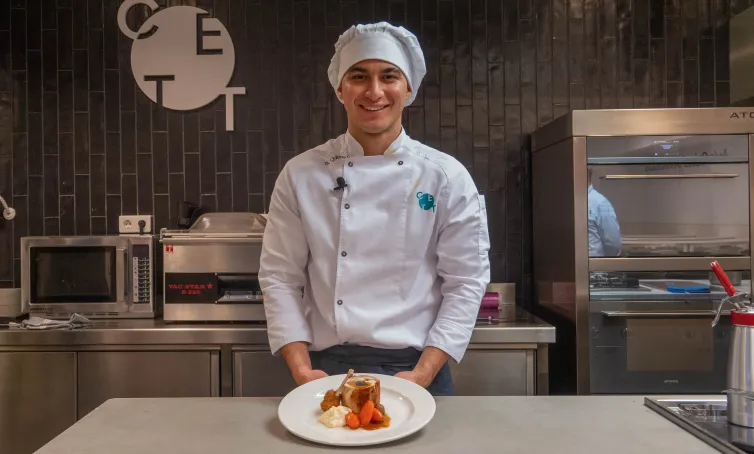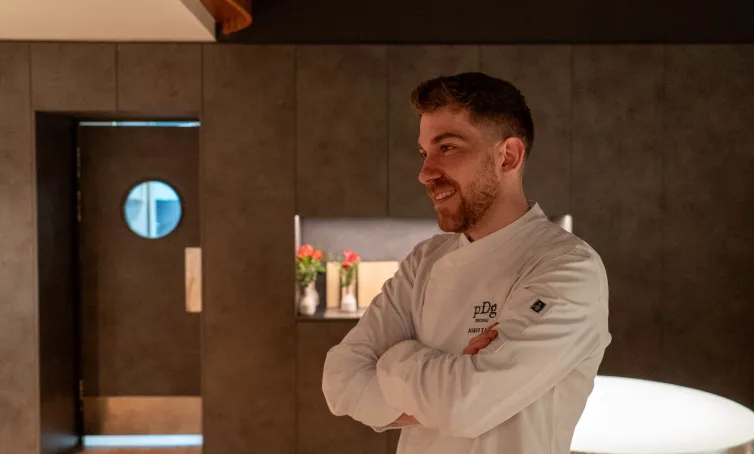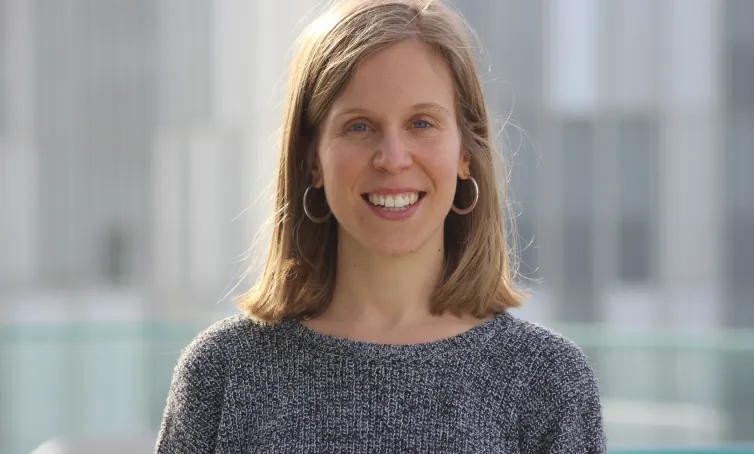Bachelor’s Degree in Food Systems Design | CETT and Elisava we train professionals with a global and sustainable vision of food design
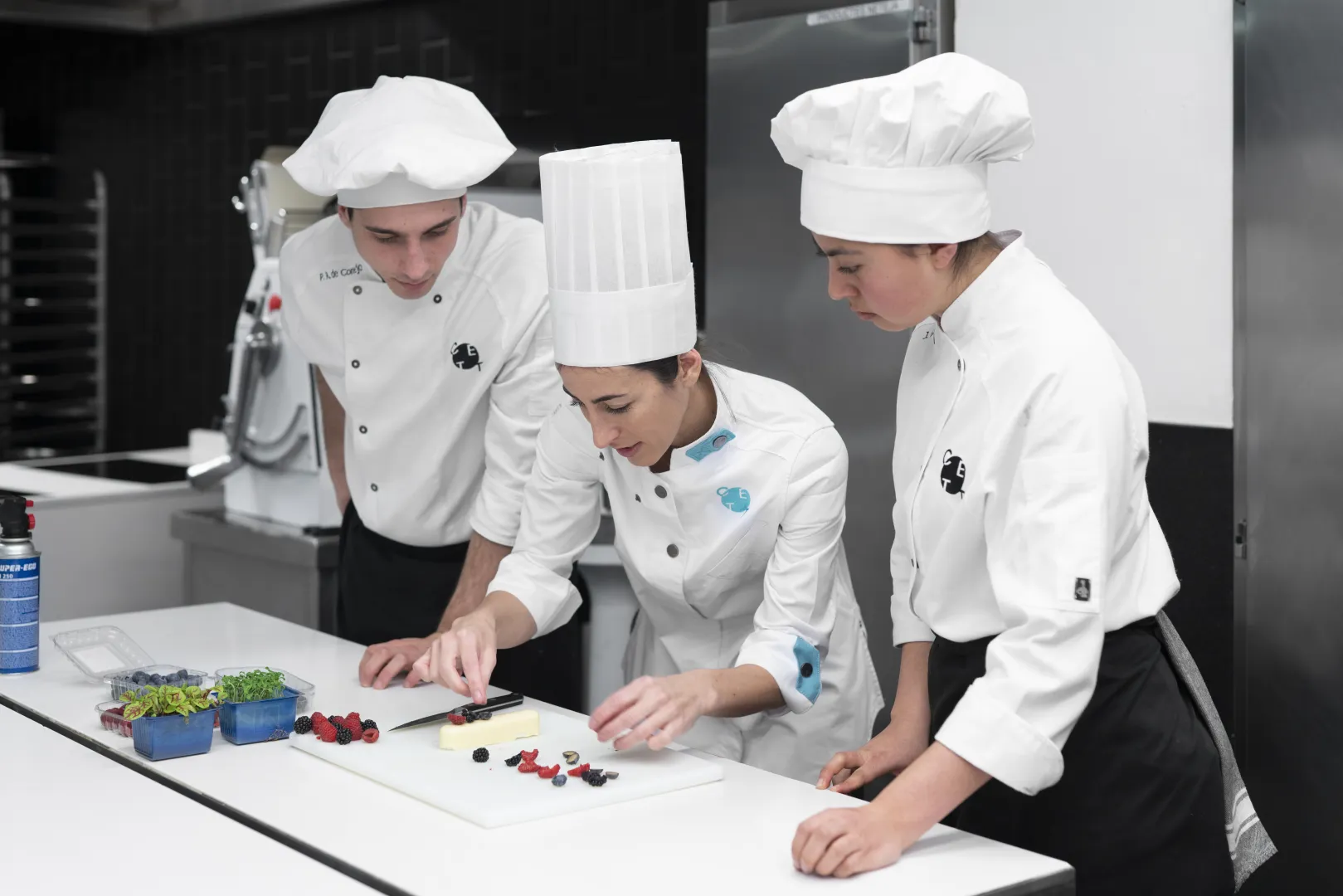
We talked with Vinyet Capdet, coordinator of the new bachelor’s degree between CETT and Elisava, and Mariana Eidler, head of studies, about the training, the student profile and possible career opportunities.
The Bachelor’s Degree in Design for Food Systems, taught between CETT and Elisava, trains designers with a transdisciplinary profile at the intersection between design and food. Thus, it prepares professionals with the ability to act with critical thinking from food design and sustainability, from the primary sector to the final product or service.
The bachelor’s degree, a pioneer in Spain, is the only one that provides creative, systemic and technical skills through design in food systems, devising services, products and experiences. In this way, it responds to the food industry's need for professional profiles that integrate knowledge of design, gastronomy, food and sustainability.
Some of its first activities include collaborations, round tables, challenges and workshops. We spoke with Vinyet Capdet, coordinator of the Bachelor’s Degree and director of the Bachelor’s Degree in Culinary and Gastronomic Sciences CETT-UB, and Mariana Eidler, head of studies, to know the training in detail.

-
Why CETT and Elisava bet on a Bachelor’s Degree in Design for Food Systems?
Mariana Eidler: In the field of design there is a special interest in food and we are currently facing a social need. Many of the minor illnesses could be avoided with good food and, therefore, policies are committed to modify food systems in favor of a beautiful and healthy food, organoleptically powerful. The answer can only be given from the design with knowledge of culinary sciences and the union of Elisava and CETT is essential to train professionals with this ability.
Vinyet Capdet: Food design is a new opportunity to lead the vanguard towards food practices that respect the planet, and the sum between CETT and Elisava, two centers specialized respectively in design and gastronomy, is a strategic collaboration that gives a powerful and emerging professional profile.
-
What added value does this training bring to the sector and what differentiates it from others in the field?
VC: The bachelor’s degree prepares students in the fundamentals of both design and food in the field of design with a transversal and transdisciplinary view. With this systemic vision, it allows to understand the interconnection between the different elements, facilitating a more strategic and efficient decision making and integrating the different aspects to offer global and adapted solutions.
In addition, it is the only undergraduate food design training in Spain. There are specializations, but no training that prepares students comprehensively for four years. In fact, it is the only one in the world in which two universities collaborate, uniting the two fields of knowledge.
ME: It provides a double degree value. On the one hand, students can apply creativity in their projects and, above all, innovation to find concrete solutions to real problems in food systems. 80% of the products that come on the market are withdrawn in the first month of life, generating a large expenditure in the food sector. Therefore, there is much room for improvement. In this sense, students will be able to understand how to better design products by studying potential users and consumption flows.
-
What specific competencies does it provide to professionals?
Students will enter the workplace prepared to provide solutions in the different stages of food systems, devising services, products and experiences. Their professional profile will combine creativity, technology and sustainability, applying design processes to production, processing, distribution, consumption and food waste management.
In addition, based on sustainability and agroecology, they will be able to detect situations of a social and ethical nature to develop projects applied to the food system and interpret the relationship between design, technology and food. All with a future perspective that is closely related to the Sustainable Development Goals (SDGs), the roadmap of the European Union.
-
How does it incorporate innovation and sustainability throughout the program and curriculum?
From start to finish, both are essential. Sustainability is addressed transversally in the program and is present from its conceptualization, both applied to design in the culinary field and in the management of food systems. In the same way, we understand innovation as something that is created with a systemic value, the more extensible it is, the more innovation there is.
The training focuses on food practices that respect the planet, from the moment a product is conceived to its final distribution. It therefore teaches how to integrate sustainability into design processes. The curriculum applies it to all subjects, and in some specific ones related to the circular economy, food waste and conscious and responsible consumption. In short, students not only learn to design, but also to consider the environmental and social impact of products and their production.
-
What is the ideal student profile for this bachelor’s degree?
VC: They should be people interested in design and food, especially food design. On a personal level, they must have certain social and environmental concerns that drive them to want to make positive changes, and for that reason, it is essential to have a creative mindset and a sensitivity to product, wellness, health, and social and ethical challenges.
ME: A person who understands that food comes out of nature, but is also designed. Interested in the way we eat from a holistic perspective, who really enjoys cooking and wants to apply this knowledge to the industry from a design perspective. Access to the bachelor’s degree can be from a variety of disciplines and even as a way to retrain to specialize.
-
What opportunities and job opportunities can students expect?
The main career opportunities are in the food industry, especially in marketing and R&D teams. Design of gastronomic experiences and food packaging, development of new food products and functions related to food innovation, both in laboratories or companies in the sector and in projects related to the social approach.
-
What is the biggest challenge facing food systems today and how does this training prepare students to face it?
The biggest current challenge of food systems is their redesign. It is an anachronistic system that deteriorates our health. It is necessary to make them more sustainable, local, resilient and healthy in the face of population growth, climate change and food waste. In this sense, the bachelor’s degree trains professionals with a global and sustainable vision to face it with knowledge, creative and technical skills.
The Spanish State has just made the National Food Strategy, in which we have collaborated. Policies are beginning to see food as an issue to be addressed and to do so, specialists in food design are needed.
If you are interested in creating a more just and respectful future through food, this bachelor’s degree is for you!
